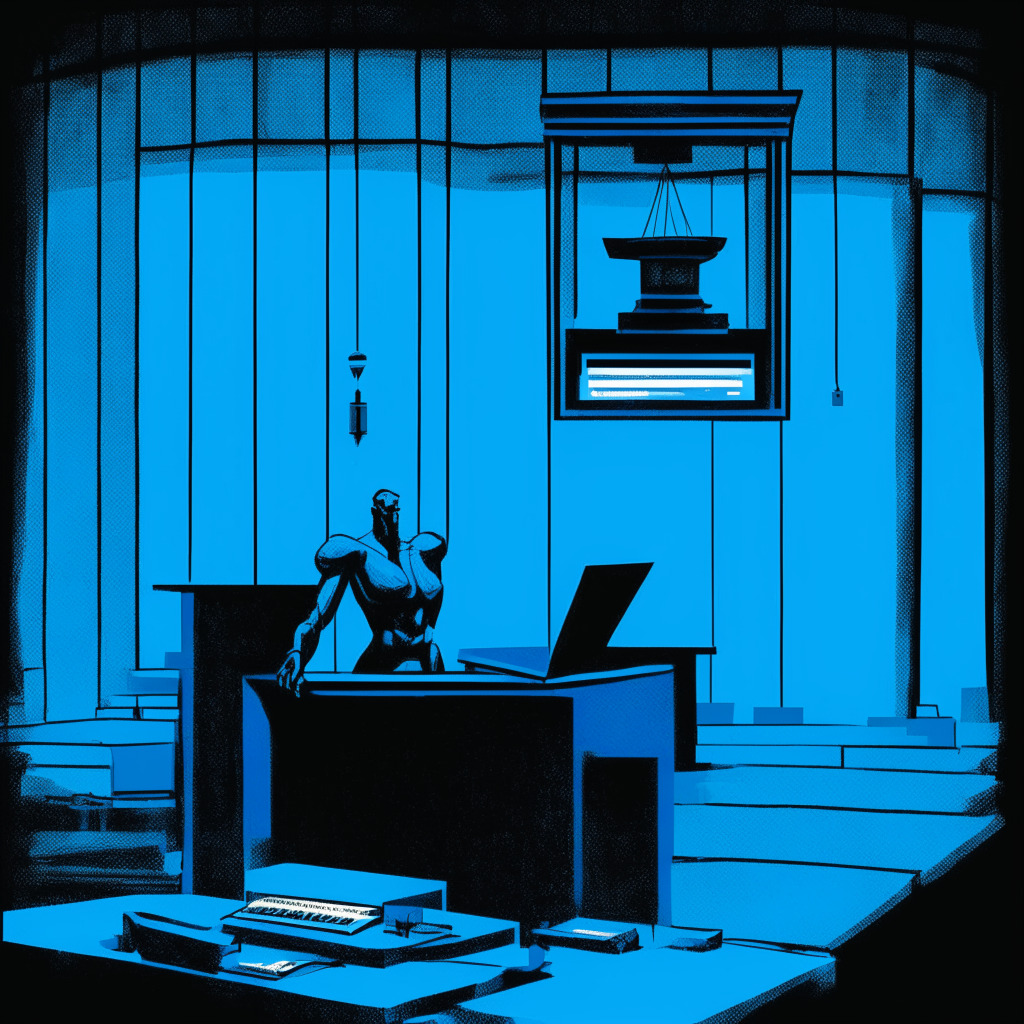The recent case of FTX founder, Sam Bankman-Fried, and his complications with legal defense access ring the alarm on how digital processes can greatly impact the course of justice. The defense team expressed concern over the limited internet access Bankman-Fried has when in a cell block at the Southern District of New York courthouse, which has affected his preparation for defense.
The traditional understanding of a fair hearing is being tested in a case where access to online resources is crucial. Defense attorneys have previously cited a breach of the Sixth Amendment rights due to limitations on work allocated to his defense. The back-and-forth with the Department of Justice (DOJ) culminated in the submission of hard drives containing defense material, an air-gapped laptop available daily, and an internet-enabled laptop provided by the defense attorneys. However, the slow internet speeds have hindered the loading of documents effectively, causing Bankman-Fried to be essentially cut-off from the internet during a consecutive 5-hour period.
While clearly, digital mediums have magnified the reach and efficiency of information access, there’s an undeniable trade-off when such resources are not equitably distributed or accessible. The ability to view and search through documents in the discovery database or the AWS database remains a challenge for Bankman-Fried before the trial, which impacts his ability to prepare for his defense.
Prosecutors maintain that Bankman-Fried’s access to defense materials remained unchanged despite his bail being revoked last month on public safety grounds. They have reiterated that he has the agreed-upon volume of time to use the air-gapped computer. But the defense team has contested this, citing lost time to efficaciously prepare for the trial over the past month.
There’s no skirting the issue that access to necessary digital resources can bog down trial preparation, thereby impacting justice deliverance. The defense team for Bankman-Fried has made requests to the Court for a temporary release in light of these constraints.
So, the questions remain: how does the digital world broaden the plan for provisioning fair justice, and could the lack of proper internet access infringe upon an individual’s right to a fair trial? This dilemma exhibits an intriguing aspect of our justice system adjusting to the digital era. It presents a compelling case to scrutinize the role of digital access as an influencer in legal outcomes. It’s a stark reminder that technology, despite its advancements, can hinder justice if not properly managed.
Source: Coindesk




